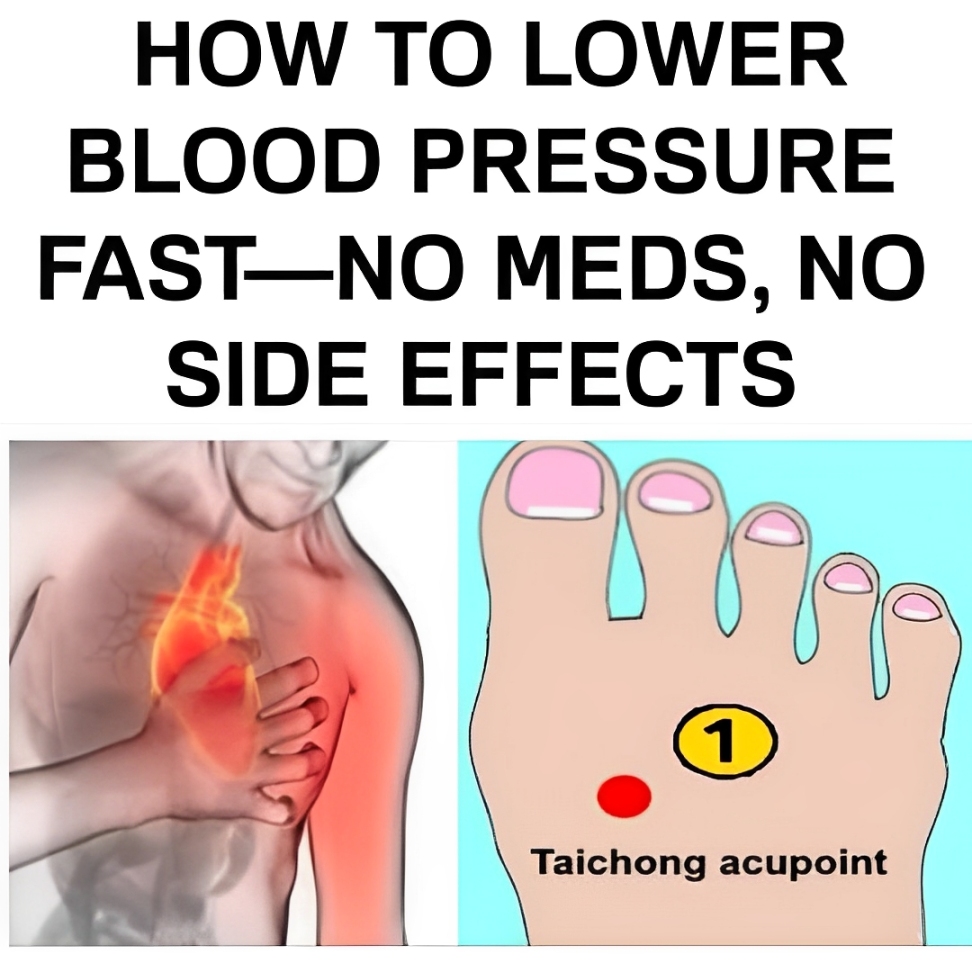
High blood pressure, or hypertension, is something millions of people around the world deal with every day. It’s not always noticeable, but it can lead to serious health issues like heart disease and stroke if left unmanaged. The good news? There are plenty of natural ways to bring those numbers down. Even if you’ve already been diagnosed, you might be able to ease the symptoms—or even lower your reliance on medication—by making some simple lifestyle changes.
How to Naturally Lower Your Blood Pressure
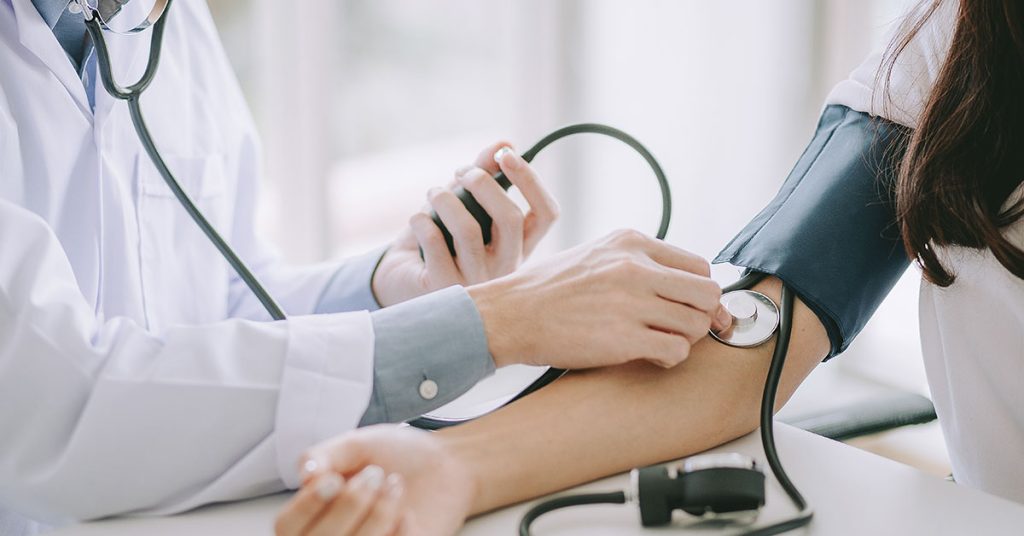
Taking control of your blood pressure doesn’t have to be overwhelming. While it’s important to follow your doctor’s advice, especially if you’re on medication, pills aren’t your only option. In many cases, some everyday habits and small shifts in your routine can make a big difference. Here’s how to get started:
1. Increase activity and exercise more

Staying active is one of the most effective ways to manage blood pressure. Regular exercise can help reduce stress, improve heart health, and strengthen the muscles that support your cardiovascular system. Try to fit in about 30 minutes of moderate aerobic activity most days—think brisk walks, dancing, cycling, or even a friendly game of badminton.
Strength training a couple of times a week can also give your heart an added boost. You don’t have to start big—small changes, like taking the stairs or walking instead of driving, can add up over time.
2. Eat a healthy, balanced diet
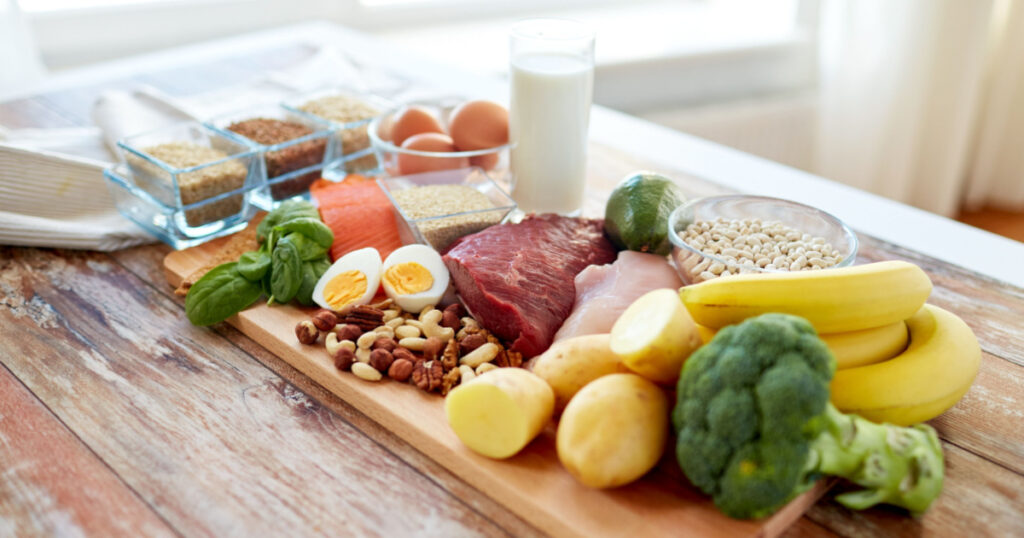
What you eat has a major impact on your blood pressure. Focus on a diet packed with fruits, veggies, whole grains, lean proteins, and low-fat dairy. At the same time, cut down on sugary drinks, ultra-processed foods, and salty snacks—they can all push your blood pressure up.
Cooking at home more often gives you better control over your ingredients and helps limit your salt intake naturally.
3. If you’re overweight, lose weight
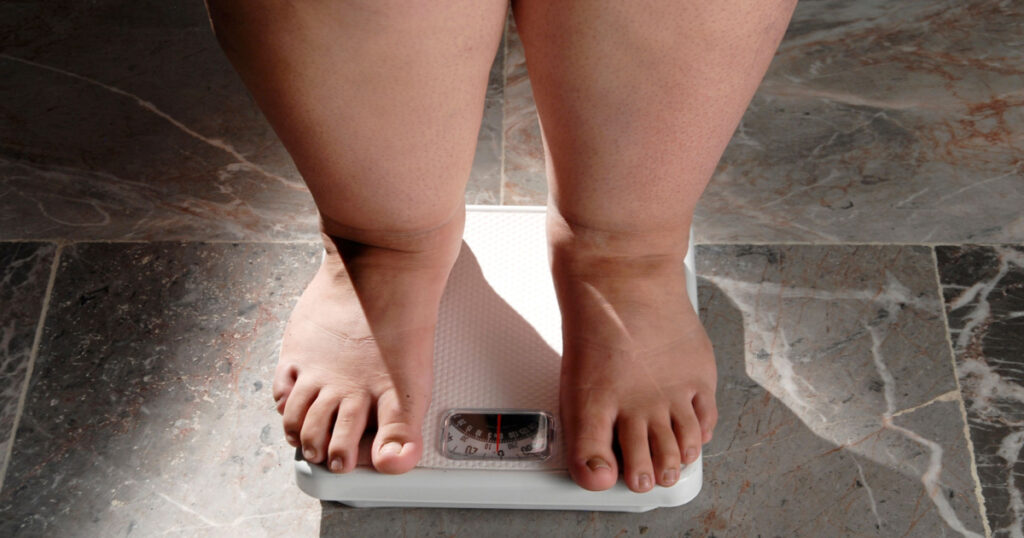
Carrying extra pounds—especially around your midsection—can put additional strain on your heart and raise your blood pressure. Losing even a little weight can make a difference. Start by eating cleaner and getting more exercise. If you’re unsure where to begin, consider reaching out to a registered dietitian or personal trainer for guidance.
4. Stop Smoking
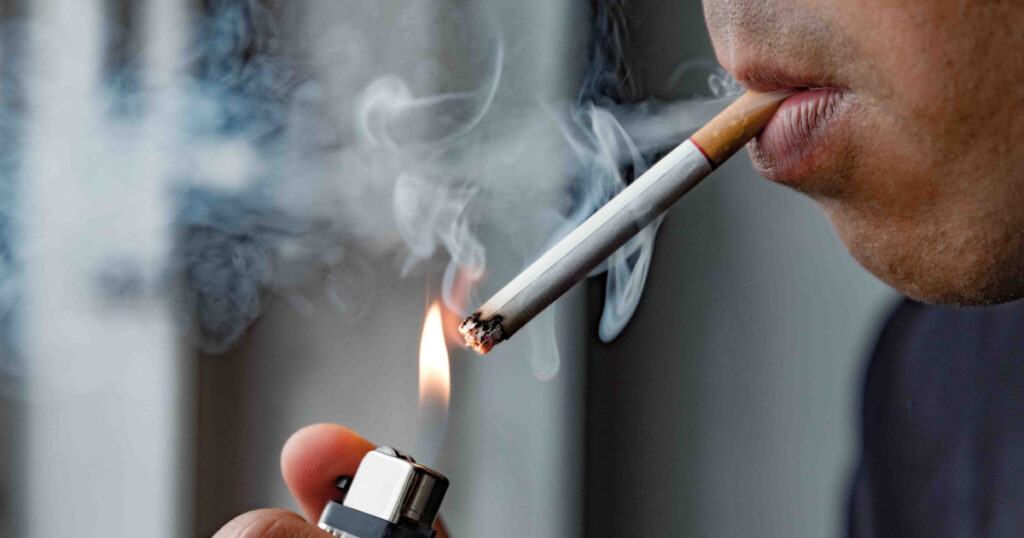
Smoking raises blood pressure because nicotine tightens your blood vessels and makes your heart work harder. If you smoke, it’s never too late to quit. Talk to your doctor about quitting options and look for support groups, apps, or nicotine replacement therapies that can help you along the way.
5. Manage Your Stress Levels
Chronic stress can raise your blood pressure by increasing the body’s production of adrenaline, which ramps up your heart rate. Whether it’s work, family, or finances, stress comes in many forms. The key is finding healthy ways to unwind. Deep breathing, meditation, yoga, and even simple walks in nature can help you calm your mind and lower your blood pressure.
6. Add Medicinal Herbs to Your Diet
Herbal remedies have been used for centuries to support heart health. Some natural options for lowering blood pressure include:
- Hawthorn berries, which help relax blood vessels and improve circulation
- Red clover, rich in plant-based estrogens that may help with hormonal balance
- Garlic, especially raw or in supplement form, thanks to its allicin content that supports healthy blood flow and cholesterol levels
Always check with your doctor before starting any herbal supplements, especially if you’re already on medication.
7. Prioritize Quality Sleep
A good night’s rest is essential for a healthy heart. Poor sleep increases the hormone cortisol, which can cause blood pressure to rise. Aim for at least seven hours of uninterrupted sleep each night. If you struggle to fall asleep, try turning off screens an hour before bed, taking a warm bath, or reading a book to wind down.
8. Take blood pressure-lowering supplements

Some supplements may help regulate blood pressure naturally. Two worth noting are:
- Omega-3 fatty acids, which help reduce inflammation and support heart health
- Magnesium, which may help relax blood vessels and improve blood flow
As with herbs, it’s important to speak with your healthcare provider before adding supplements to your routine.
9. Cut Back on Alcohol

Drinking alcohol, even in small amounts, can raise your blood pressure and increase your risk of heart disease. If you already have hypertension, try to limit or avoid alcohol altogether. Plus, alcohol is high in empty calories, which can make weight loss more difficult.
10. Cut back on caffeine intake

Too much caffeine can spike blood pressure, especially in people who are sensitive to it. Try to limit yourself to no more than 400 mg per day (roughly 2–3 cups of coffee). If you notice a rise in your blood pressure after caffeine, it might be time to cut back or switch to decaf alternatives.
Conclusion
You can lower blood pressure naturally by staying active, eating healthy, managing stress, and getting good sleep. But don’t stop your meds without talking to your doctor. With better habits, you might need less medication over time.